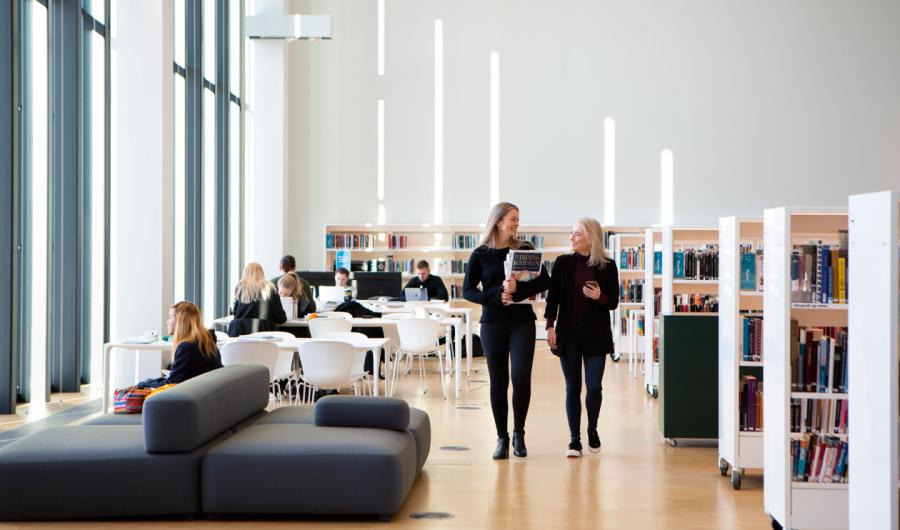
Programme description
The one-year programme is divided into themes from Norwegian, North Norwegian, European and World History. The course gives insight into political, economic and social development and aims to provide greater understanding of the human situation under differing societal circumstances. Through the syllabus and lectures in historical method, students learn the principles of source criticism and gain practice in critical analysis of differing assertions.
Courses are organized so that they can be followed both on campus and online.
Career opportunities
The History programme aims to contribute to personal maturation and a reflective approach to social and cultural issues. History is a multi-faceted and comprehensive subject which is useful in many circumstances. History is relevant for teachers, for media, politics and public debate, journalists and professionals of the cultural sector, for tourism and for people working in the various professions of the Welfare State.
The one-year course can be built on to gain a bachelor degree in History. The entire course or parts of the course can also be used as elements in a number of other bachelor degree programmes.
Knowledge:
After completing the programme, candidates have:
- basic historical knowledge of central political, economic and social-historical events and topics.
- Some knowledge of historical theory and of different perspectives that are used to explain basic topics in Norwegian and international history.
- knowledge of connections between regional, Norwegian, European and global history.
- Candidates are familiar with the general principle of source criticism and how knowledge of history is established.
- Candidates have some knowledge of historiography.
Skills:
- Candidates can manage independent written work that meets formal requirements for academic work.
- Candidates are able to relate specific topics to major historical contexts and development processes, and to conduct their own academic investigations based on literature and sources from the curriculum.
- Candidates are able to discuss historical issues and to draw conclusions of their own.
- Candidates are able to conduct historical source criticism as well as to reflect upon historical explanations.
- Through colloquiums/seminars candidates are able to participate in a historical scientific community, where reflections on historical scholarship take place. They are able to discuss issues of theory and method both orally and in writing.
- Candidates have the ability to reflect on how historical developments have affected people's lives in relation to topics such as:
- public health and life skills,
- democracy and citizenship,
- sustainable development.
General competence:
- Candidates are able to familiarize themselves with academic literature, read scholarly texts and convey relevant knowledge from them.
- Based on this literature, they are able to argue their own views in written assignments that abide to formal academic standards.
- Candidates are able to argue serious thoughts and reflection in the form of oral presentations and written work.
- Candidates are able to access a theoretically oriented academic literature, and to explain theoretical and methodological principles in their own written work.
- Candidates are able to follow scholarly debates and has some understanding of how they unfold.
No special costs except semester registration fee and syllabus literature.

